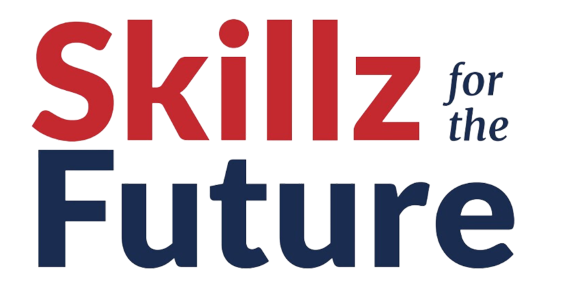Technical competencies often take the spotlight in healthcare. However, soft skills play an equally integral role in providing high quality patient care. Going beyond medical expertise, soft skills encompass attributes such as effective communication, empathy, teamwork, problem-solving, and adaptability. These skills are the bedrock of humane and patient-centric care, fostering connections between healthcare professionals and patients, as well as promoting harmonious collaboration among colleagues.
Understanding Soft Skills in Healthcare:
1. Communication:
Definition: More than information exchange, effective communication in healthcare involves clarity, accuracy, and compassion.
Significance: Bridges the gap between medical terminology and patient understanding, ensuring active patient involvement in decision-making.
Importance: Even the most exceptional clinical skills can falter without effective communication.
2. Empathy:
Definition: Understanding and sharing patients’ feelings, a cornerstone for establishing trust and promoting a healing environment.
Significance: Fosters patient value and understanding, preventing alienation and enhancing satisfaction and compliance. Importance: Lack of empathy can lead to decreased patient satisfaction and hinder effective treatment.
3. Teamwork:
Definition: Seamless collaboration among healthcare professionals to address the diversity and complexity of tasks.
Significance: Promotes an integrated approach to patient care, preventing fragmentation and potential errors.
Importance: Crucial for the diverse and complex tasks in healthcare settings.
4. Problem-Solving:
Definition: Critical thinking, navigating challenges, and making effective decisions in the dynamic healthcare sector. Significance: Leads to more efficient patient care and innovation, preventing stagnation and ineffective strategies.
Importance: Essential for addressing challenges in the rapidly changing healthcare landscape.
5. Adaptability:
Definition: The ability to adjust quickly to rapidly changing scenarios, new technologies, and evolving best practices. Significance: Ensures healthcare professionals can maintain effectiveness amid constant changes.
Importance: Crucial in the face of evolving technologies and practices in healthcare.
Why Soft Skills are Vital in Healthcare Settings:
1. Building Strong Patient-Provider Relationships:
Effective communication builds trust and understanding, enabling patients to actively participate in their care decisions. Open dialogue fosters a human connection, alleviating patient anxieties and building rapport.
2. Enhancing Patient Satisfaction and Engagement:
Genuine empathy creates a supportive environment where patients feel seen, heard, and respected.
Active listening and compassionate care significantly enhance patient satisfaction and engagement.
3. Facilitating Collaborative Care:
Strong teamwork ensures seamless care coordination among interdisciplinary teams, leading to better treatment outcomes. Efficient information sharing and coordinated decision-making improve patient safety.
4. Driving Innovation and Problem-Solving:
Problem-solving skills contribute to improved patient care, process optimisation, and enhanced healthcare delivery.
Critical thinking empowers professionals to adapt strategies, drive innovation, and overcome obstacles.
5. Navigating Change and Uncertainty:
Adaptability allows healthcare professionals to embrace change, learn new skills, and respond effectively to unforeseen circumstances.
Flexibility ensures uninterrupted patient care amid shifts in protocols and emerging trends.
Strategies for Developing Soft Skills in Healthcare
Continuous Learning and Professional Development: Participate in workshops and courses focusing on soft skills training for personal growth.
Interprofessional Collaboration:
Cultivate an environment that promotes teamwork and shared learning among diverse professionals.
Mindfulness and Emotional Intelligence Training: Engage in practices that enhance empathy and
interpersonal relations, leading to more meaningful interactions.
Role-Playing and Simulation:
Practice and improve soft skills in a safe environment through scenarios that mimic real-world situations.
Constructive Feedback and Self-Reflection:
Regular feedback sessions coupled with self-reflection provide powerful tools for ongoing development.
Mentoring and Peer Coaching:
Involve experienced peers or mentors for practical
insights and advice, fostering skill development.
Online Learning Platforms:
Utilise interactive online platforms offering extensive resources for improving various soft skills.
In healthcare, soft skills are not just complementary; they are transformative. They enhance the quality of care, increase patient satisfaction, and improve health outcomes. Investing in the development of soft skills is not just beneficial for healthcare professionals; it is a game-changer for the entire industry. As healthcare revolves around people caring for people, professionals need both technical expertise and the softer, more human skills that enable effective connection, communication, and care. Soft skills might be intangible, but their impact on healthcare outcomes is profoundly real and far-reaching.
